Cloves are small, aromatic flower buds that have been prized for centuries in cooking, traditional medicine, and even dentistry. Packed with antioxidants, fiber, and essential oils like eugenol, they’re often promoted as a natural super spice. From spiced teas to soothing toothaches, cloves carry a reputation for being both flavorful and healing.
But here’s the catch: just because something is natural doesn’t mean it’s safe for everyone. In fact, regular use of cloves—or concentrated clove oil—may cause side effects in people with certain health conditions. According to a 2021 review of herbal remedies, misuse of clove oil can lead to liver stress, increased bleeding, and allergic reactions.
So, while cloves can absolutely enhance health when used moderately, it’s important to know the risks if you have underlying issues. This article will explore who should be cautious, why cloves may interact negatively with specific conditions, and safer alternatives to consider. By the end, you’ll know how to enjoy cloves wisely without putting your health at risk.

Why Cloves Are Considered a Super Spice
Cloves come from the dried flower buds of the Syzygium aromaticum tree, native to Indonesia. They are rich in natural compounds that contribute to both their strong flavor and their medicinal properties.
Key Nutrients and Compounds
- Eugenol: A powerful antioxidant and natural anesthetic.
- Vitamin K: Important for blood clotting.
- Manganese: Supports bone health and metabolism.
- Flavonoids & Tannins: Plant compounds linked to anti-inflammatory effects.
These properties explain why cloves are found in home remedies for sore throats, digestive discomfort, and dental pain. But the same compounds can also cause complications in certain people.
When Cloves May Do More Harm Than Good
Cloves are generally safe in small amounts used for cooking. However, when consumed in large doses or as concentrated oil, they can become problematic. Let’s look at the main situations where cloves should be avoided.
1. People with Bleeding Disorders
Eugenol in cloves has natural blood-thinning effects. While this can sometimes support heart health, it may pose risks for individuals with bleeding disorders such as hemophilia or low platelet count.
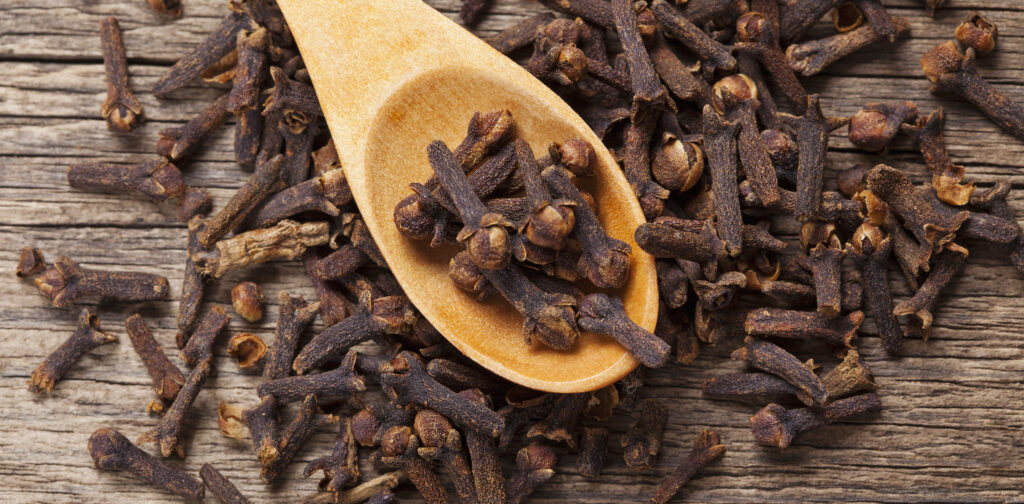
Risk: Increased bruising and slower clotting after cuts or injuries.
Example: A case study published in the Journal of Clinical Dentistry reported prolonged bleeding in patients using clove oil before dental surgery.
2. Those Taking Blood-Thinning Medications
If you’re on anticoagulants like warfarin, aspirin, or even high-dose fish oil, adding large amounts of cloves may heighten the risk of excessive bleeding.
| Medication | Potential Risk When Combined with Cloves |
|---|---|
| Warfarin | Prolonged bleeding, difficulty clotting |
| Aspirin | Increased risk of nosebleeds or bruising |
| Heparin | Compounded anticoagulant effects |
Always consult your doctor before using clove supplements if you’re on these medications.
3. People with Liver Conditions
The liver plays a central role in processing eugenol. In large amounts, clove oil can overwhelm the liver and may even trigger toxicity.
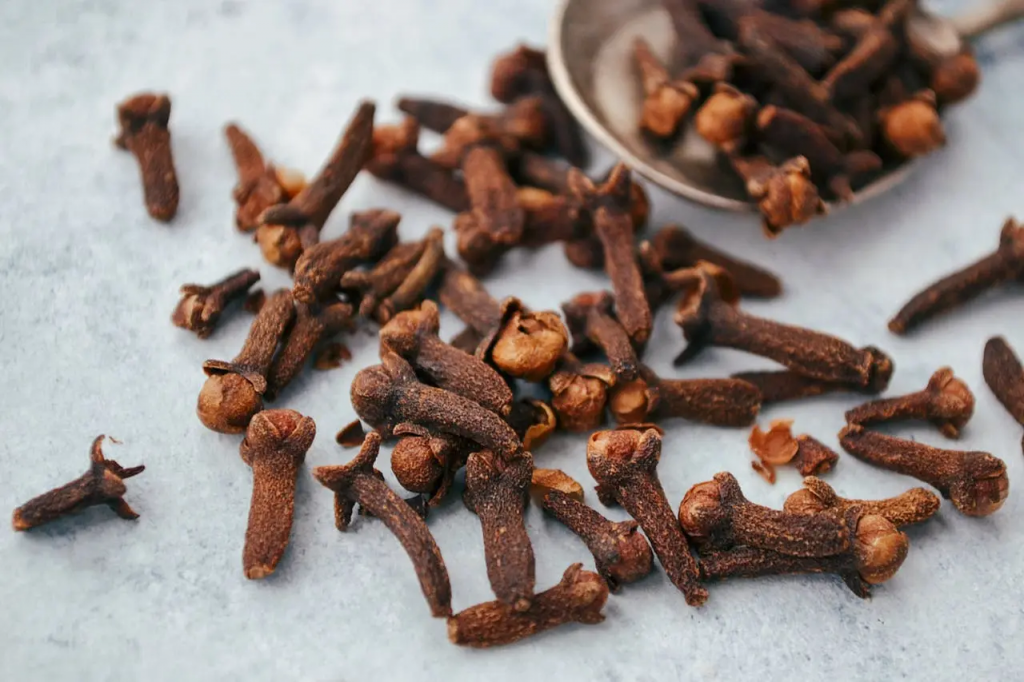
Who is at risk?
- People with hepatitis, fatty liver disease, or existing liver damage.
- Those who consume alcohol heavily and already have compromised liver function.
Animal studies have shown that excessive clove oil can elevate liver enzymes, signaling potential stress or damage.
4. Children and Infants
While clove oil is sometimes used for teething pain, pediatricians caution against it. Babies and young children are more sensitive to concentrated plant oils.
Possible side effects:
- Throat irritation
- Seizures (rare but reported in cases of overdose)
- Respiratory distress
Safer alternatives for children’s discomfort include chilled teething rings or pediatric-approved gels.
5. People with Allergies or Sensitive Skin
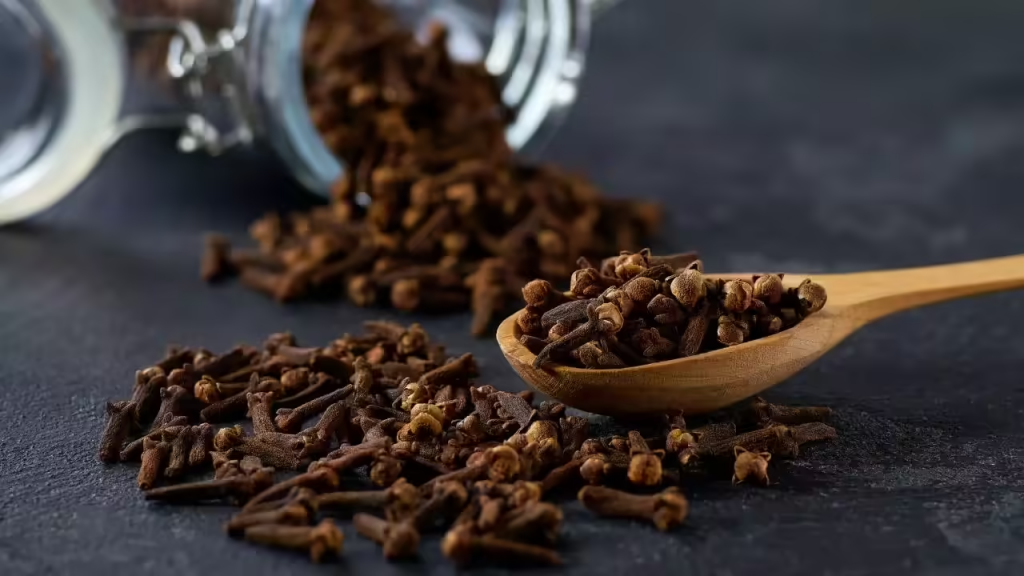
Cloves can trigger contact dermatitis or allergic reactions in sensitive individuals. Topical use of clove oil, especially without dilution, can cause:
- Redness
- Burning sensation
- Itchy rashes
A patch test is essential before applying clove oil to the skin.
6. Those with Stomach Ulcers
While cloves are often praised for digestive support, their strong essential oils can irritate an already sensitive stomach lining. For people with gastric ulcers, acid reflux, or gastritis, consuming concentrated clove oil may worsen symptoms.
Safer Ways to Enjoy Cloves
If you don’t fall into the high-risk categories, cloves can still be part of a healthy diet. Moderation is key.
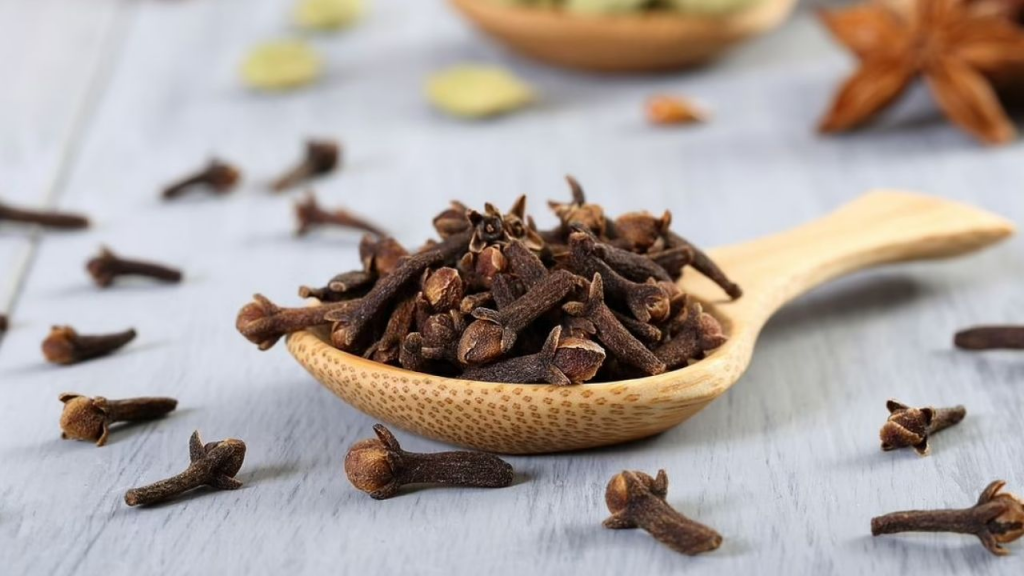
Practical Guidelines
- Culinary Use: 1–2 whole cloves in soups, teas, or curries is generally safe.
- Clove Tea: Brewed gently, not steeped for long periods.
- Topical Application: Always dilute clove oil with a carrier oil (like coconut or olive oil).
- Supplements: Choose standardized capsules only under healthcare supervision.
Safer Alternatives
If you need the flavor or benefits of cloves but want to avoid risks:
- Cinnamon: Offers antioxidants with less risk of thinning blood.
- Ginger: Soothes digestion without the same liver concerns.
- Cardamom: Adds warmth to teas and cooking, with gentle digestive benefits.
A Real-Life Example: Mark’s Story
Mark, a 55-year-old accountant on blood-thinning medication, loved making clove tea for its soothing effect. After noticing frequent nosebleeds, he mentioned his routine to his doctor. The physician explained that his daily clove tea might be interacting with his medication. When Mark reduced his intake and switched to ginger tea instead, the bleeding episodes decreased.
This shows how even natural remedies can have unexpected consequences when combined with health conditions or medications.
Lifestyle Tips for Better Wellness Without Risks
- Know your limits: A pinch of spice is different from concentrated oils.
- Communicate with your doctor: Always mention herbal remedies when discussing your health.
- Focus on whole foods: A balanced diet rich in fruits, vegetables, and lean protein supports healing naturally.
- Rotate spices: Variety ensures you get a range of plant compounds without overloading on one.
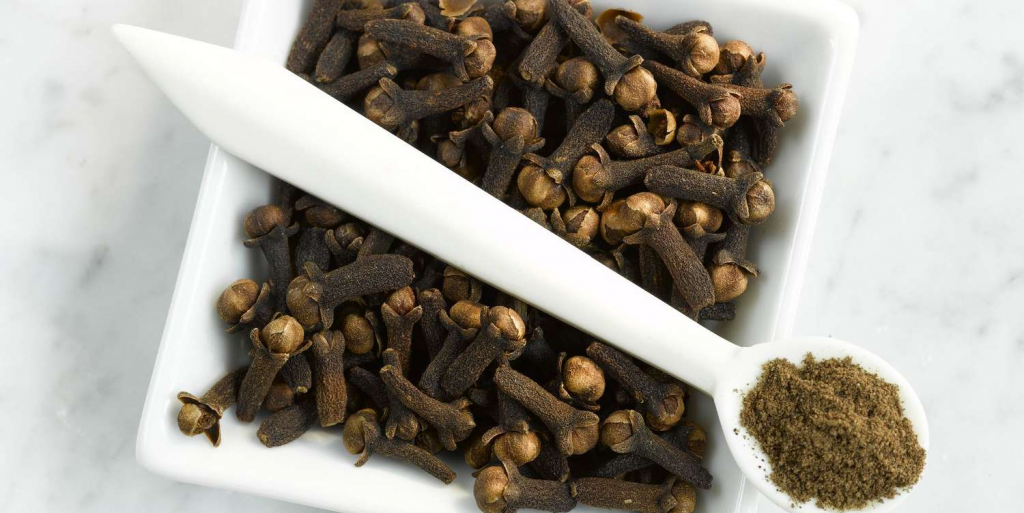
Conclusion
Are cloves bad for everyone?
No. In culinary amounts, cloves are generally safe for most people.
Who should avoid them?
Those with bleeding disorders, liver problems, or children under 12 should steer clear of concentrated forms.
Can I use clove oil for toothache?
Yes, but only diluted and short-term. Long-term or frequent use should be supervised by a healthcare professional.
Is clove tea safe daily?
Occasional consumption is fine, but daily use should be discussed with your doctor, especially if you’re on medications.
This article is for informational purposes only and is not a substitute for professional medical advice, diagnosis, or treatment. Always consult a qualified healthcare provider before trying new remedies or supplements.




